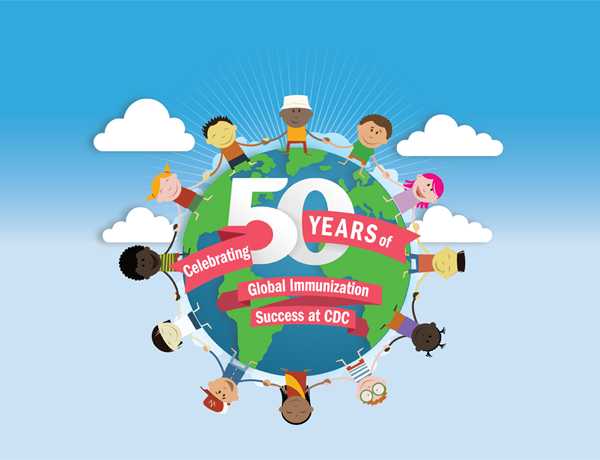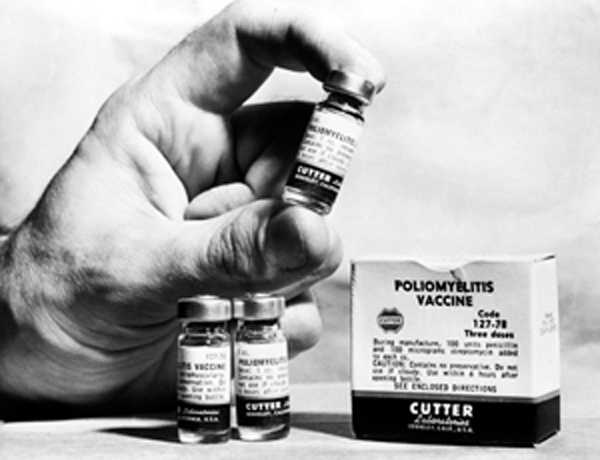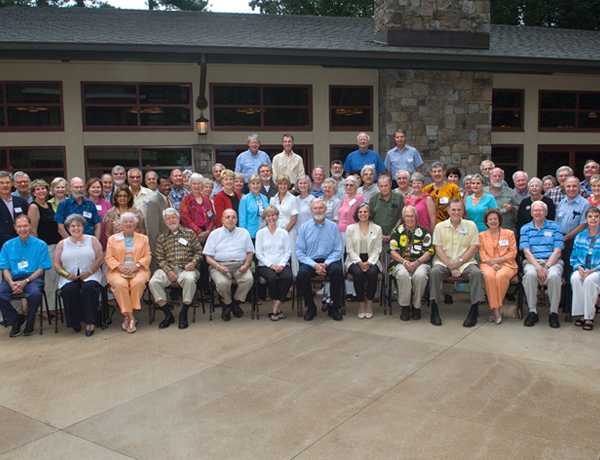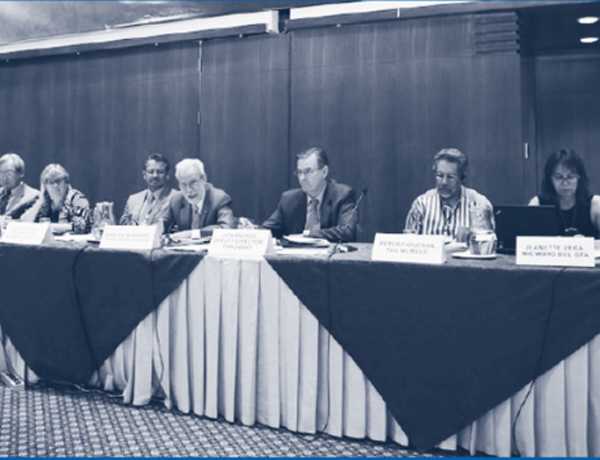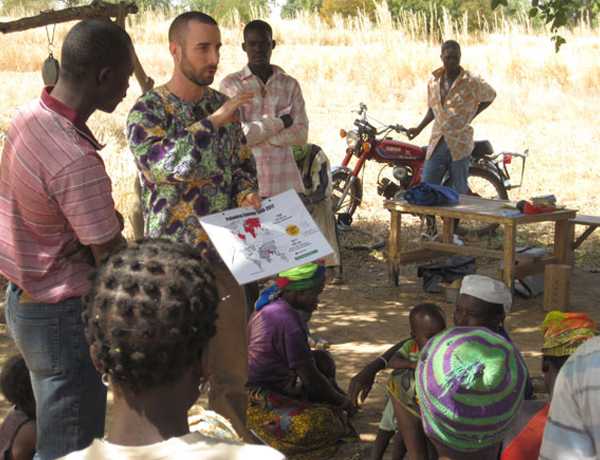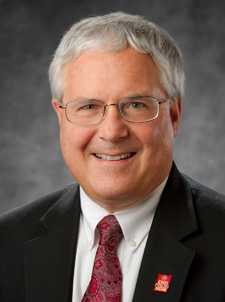World Immunization Week
50 years of Global Immunization Success
CDC plays a critical role in promoting global immunization by providing scientific leadership and guidance to implement evidence-based vaccination strategies against disease. This year marks the 50th anniversary of the start of this effort—the Smallpox Eradication Program.
During this year’s World Immunization Week, CDC’s Global Immunization Division celebrates this 50th anniversary by sharing key historical highlights, recognizing unsung global vaccination champions, and announcing CDC’s future global immunization strategies.
Historical perspective
In 1965, President Lyndon Johnson proposed that the U.S. government fund smallpox and measles vaccination campaigns in 18 African countries. The Congress approved the funding for CDC’s Smallpox Eradication Program in January 1966. From that early effort, there are now global initiatives that has saved generations of children around the world.
Vaccination champions
CDC worked tirelessly to: support global smallpox eradication; 2) establish and develop the worldwide Expanded Program on Immunization (EPI); 3) lead global efforts to eradicate polio and eliminate measles and rubella; and, 4) introduce additional life-saving vaccines into national governments’ immunization efforts, such as tetanus and whooping cough.
Often this global success against disease has been made possible by the work of visionary individuals such as Dr. Walt Dowdle, Dr. Ralph “Rafe” Henderson, and Bob Keegan. Their stories are being told as part of this week’s activities.
New plan for global vaccination
This week CDC will also highlight a new plan for global vaccination. The plan, CDC’s Strategic Framework for Global Immunization, 2016-2020, builds on the 50 years of CDC’s public health leadership and global immunization expertise to protect Americans and all global citizen.
Contact Information
CDC Media Relations
(404) 639-3286
media@cdc.gov
Spokespersons
Eric E. Mast, MD, MPH
“Millions of Americans work and travel abroad, including those serving in the military, creating a ready pathway for disease. Mass air travel and increased mobility spread disease not just from community to community, but from continent to continent. Global vaccination efforts that protect people both near and far are a necessity for the health and safety of all. CDC’s Strategic Framework for Global Immunization, 2016-2020) builds on 50 years of CDC’s public health leadership and global immunization expertise starting with the success of the CDC Smallpox Eradication Program. The new plan uses vaccine strategies that protect all global citizens, including Americans, by providing an umbrella of protection against life-threatening disease.”
Eric E. Mast, MD – Deputy Director for Science and Program for the Global Immunization Division (GID), Center for Global Health
Stephen L. Cochi, MD, MPH
“This year marks the fiftieth (50) anniversary of CDC’s scientific leadership in global immunization, which began with our successful global Smallpox Eradication Program. At the crux of our efforts is providing guidance to implement evidence-based vaccination strategies against disease at the global, regional, and country level. The global success against disease through immunization that has been achieved would not have been possible without the continuous support of visionary CDC leaders such as Dr. Walt Dowdle. Dr. Rafe Henderson, and Bob Keegan. Without their “behind the scenes” guidance applying the lessons learned from the remarkable progress in saving lives through the control and prevention of vaccine preventable diseases worldwide, the achievements of the last fifty years would not have been possible. Their efforts have set the stage to build on and leverage the successful achievement of polio eradication to advance additional health impact targets, including 1) a world free of measles and rubella; 2) ending vaccine preventable disease deaths among children aged <5 years; and 3) reducing chronic disease and cancer deaths from vaccine preventable disease.”
Stephen L. Cochi, MD, MPH – Senior Advisor to the Director for Global Immunization Division (GID), Center for Global Health
Related Links
- Global Health – Global Immunization
- Global Health – Global Immunization – Photo Essays
- Global Health – Global Immunization – Field Stories
- Global Health – Global Immunization – Infographics
- Global Health – Global Immunization – Infographic: On the Road to a Polio-Free Nigeria
- Global Health – Global Immunization – Infographic: Impact of a Polio-Free Africa
- Page last reviewed: April 25, 2016
- Page last updated: April 25, 2016
- Content source:



 ShareCompartir
ShareCompartir
